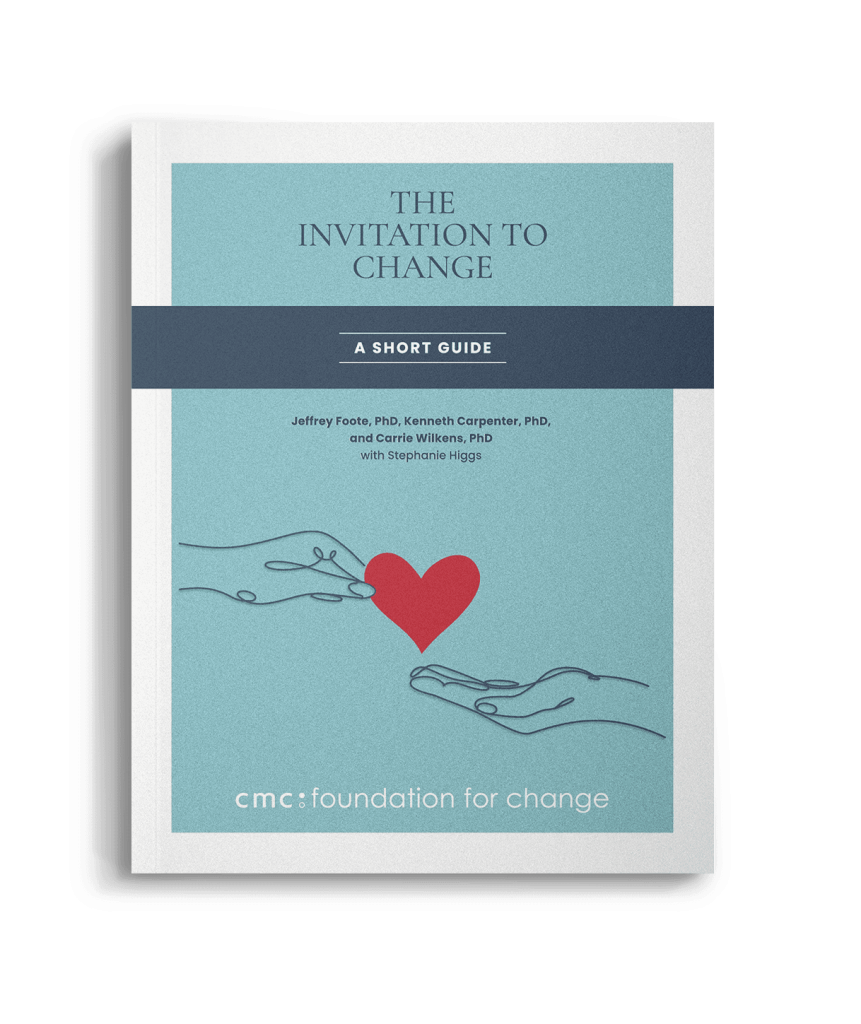At moments, as you read this guide you may have the thought, “but I’ve tried this before and it didn’t work.” Maybe so, but if you are like many people in this struggle, perhaps you have not been able to combine the consistency, timing, collaboration, and persistence that gets results.
Taking part in this change process means you’re learning too. Take pride when something goes better because of an effort you made to change, and be kind to yourself and patient with your partner when it doesn’t. Learning any new thing takes practice, whether it’s positive communication, golf, or figuring out your new phone. At first, most of us feel awkward, even “bad at it.” As you practice with CRAFT, you might get frustrated and be tempted to give up. You might say to yourself, “this isn’t working,” “this isn’t me, or “I can’t do this and my partner doesn’t care anyway.” Such thoughts and impulses are normal when you’re learning; that is, they are part of the process, not reason to quit.
As in all learning, wanting to know the skill doesn’t get you the skill; practice does. Practice again and again. Experiment and learn from the data you collect, and adjust your plans accordingly. Track your practice to create a record you can look back on, to help you remember what you’re doing, when you’re doing it, and how it’s actually going—which might be different from how it feels like it’s going on a bad day. By tracking you can make connections between your effort and its effects on the wellbeing of your partner, your family, and yourself.
Developing your helping skills will take time and patience. Helping your partner change through your relationship will be a process. Give yourself room to practice, make mistakes, and not get discouraged. You will get better at the changes you are trying to make, and so will your partner.
Next Page: Helping with Self Care


